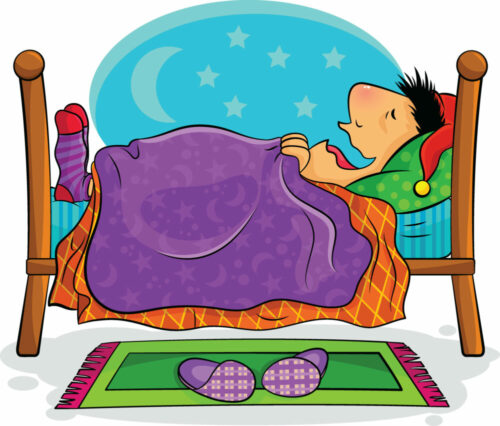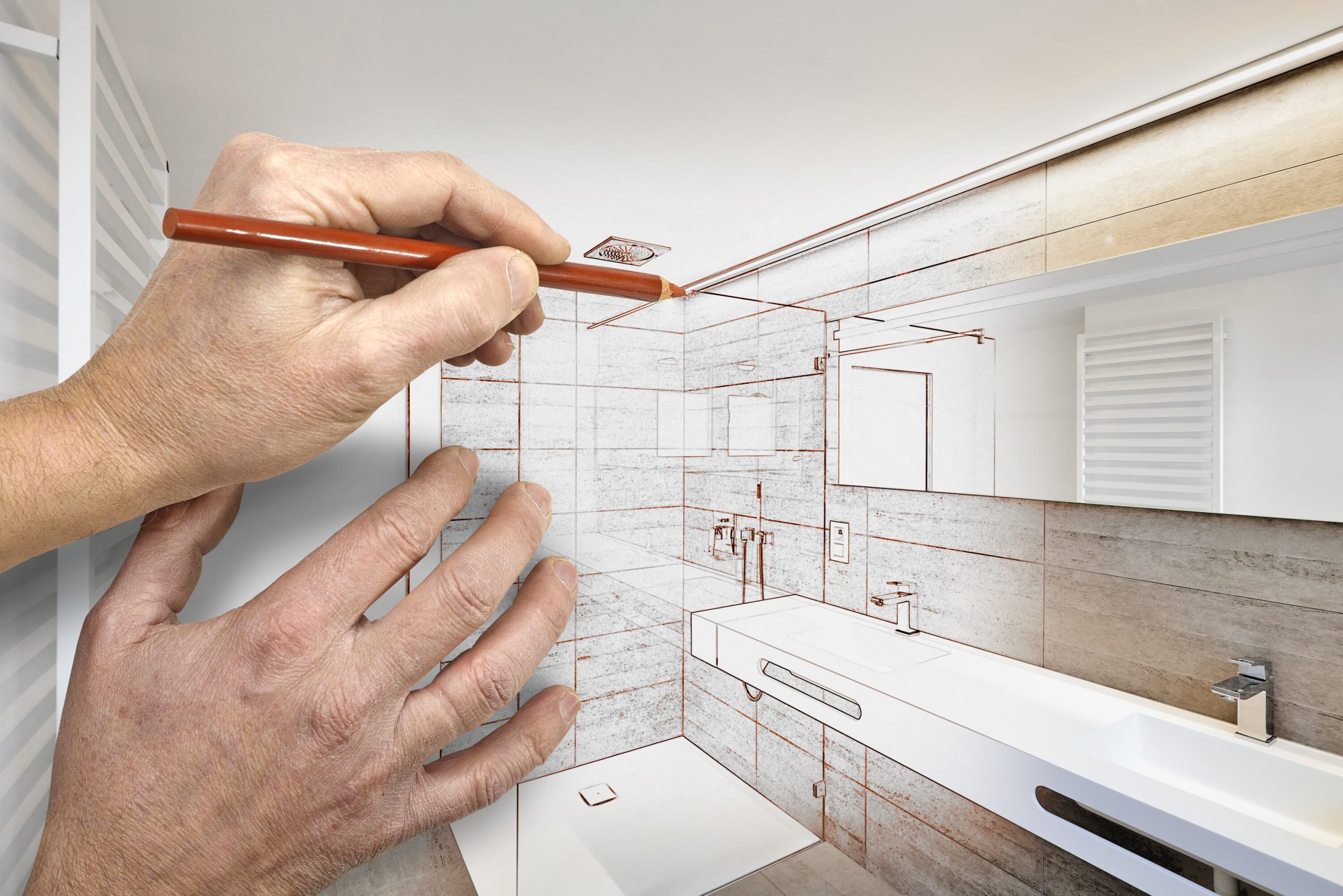
How Your HVAC Helps You Sleep Better
For your convenience you can listen to the article here:
We’ve all had nights when we toss and turn. It leaves us unable to find that moment where sleep takes over and gives us the rest we deserve. Daily stresses can lead to poor sleep, but what if you could make sure your HVAC helps you sleep better? Your entire HVAC system works through the day and night to keep you comfortable. However, there are things to consider when it comes to how air conditioning can improve your sleepy-time situation.
Air Flow Where You Lay Your Head
Stale air is always uncomfortable and can hamper your attempts to go to sleep. Many bedrooms provide constantly moving air with ceiling fans, helping air blow throughout the room. Standing fans also help keep air flowing. However, you may want to consider where the bed is placed in relation to the room’s air vents.
Did you know you can unintentionally block proper air flow and decrease the comfort of the room by setting up a room’s furniture without consideration for air flow? Large pieces of furniture like wardrobes can block air vents, making it harder for your air conditioner to work as intended. Also ,your air HVAC system will work harder than it should if the air return is blocked. Stand near your air vents to feel where the “path” of the air flow goes. Then you can determine your optimal furniture layout, adjusting as needed.
Keep Humidity in Check
If you’ve ever gone camping in the summer, you know that no matter how scenic and peaceful your campground, you’re not sleeping well if the air is so thick your sleeping bag feels like a wet towel. High humidity is the bane of a comfortable indoor space and the quicker you get it under control, the better. Not only is it hard to sleep when indoor humidity runs wild, it can also damage your home by encouraging the growth of mold, mildew, and other unwanted wildlife!
Plug-in dehumidifiers can be purchased at local hardware stores and online to help mitigate the issue, but they are unattractive, only work with so much square footage, and have to be emptied of water and kept clean lest they also become a growth spot for mildew. These dehumidifiers also have to shut off if they do not have a constant drain, leaving you without relief in the middle of the night.
The best solution for banishing sticky air is to install an HVAC system that has built-in humidity control, or to have it incorporated into your existing HVAC system. These in-duct dehumidifiers work in chorus with the rest of your air conditioner and can be easily controlled through a home’s thermometer. There’s no worry about having to empty the water collection chamber, and they operate quietly and constantly. A dehumidifier built in to your overall HVAC system helps you sleep better. It also easily shifts with the seasons so you’re not left feeling like beef jerky in the winter when the relative humidity drops.
SEE ALSO: How Relative Humidity Impacts Air Health
Insulation to Improve Your Nightly Sleep
Your home’s insulation may not be a part of the HVAC system, but it certainly plays a part in air comfort. Poor insulation allows outside air to enter a home and cannot prevent indoor air from exiting. This leads to extremely inefficient heating and cooling as your home cannot “hold on” to a desired temperature. In turn, this adds to energy costs as well as making your home uncomfortable. Changing your home’s insulation can be a daunting task. Especially because it’s an aspect of literally every room of your house. However, here are some areas where you can focus your attention to help keep your house just the right temperature when bedtime rolls around:
- Improve your attic insulation: Attics are major problem areas if they are not properly insulated. Add an extra layer of insulation with ease by installing an attic tent. This insulated barrier goes over the interior of your attic door. Attic tents are easily installed by your local, licensed HVAC service provider and make an instant improvement in air comfort without blocking attic access.
SEE ALSO: Exploring the Great Indoors: Attic Tents Explained
- Check Your Garage: If your home has a bedroom over the garage, or has had the garage converted into an interior room, this can be a big spot for poor insulation. Any garage wall that connects with the inside of your house needs to have proper insulation. This creates a barrier to prevent conditioned air from escaping.
SEE ALSO: Why Do I Need to Insulate My Garage?
- Think about Flooring: Whether you have carpet, tiling, wood, or linoleum floors in a room can make a difference. Carpet is more insulating than many other types of flooring, and can help retain heat. You can add a rug to a room or pull it out to help keep everyone happy and well rested.
SEE ALSO: How Flooring Affects Efficiency and Air Quality
Rest Well
When you find yourself tossing and turning in bed, stop counting sheep and start making a plan to improve your home’s air comfort, ensuring your HVAC helps you sleep better! It can be as simple as rearranging furniture to make sure you’re getting proper airflow in a room. You may also need to address insulation issues that make it harder for your home to keep comfortable as it battles outdoor temperatures. The right level of humidity can also make a huge difference with the installation of an in-duct dehumidifier. When you take your home’s HVAC system into consideration, you’ll be able to stop kicking off the sheets and spend your nights having sweet, perfectly temperature-controlled dreams.


